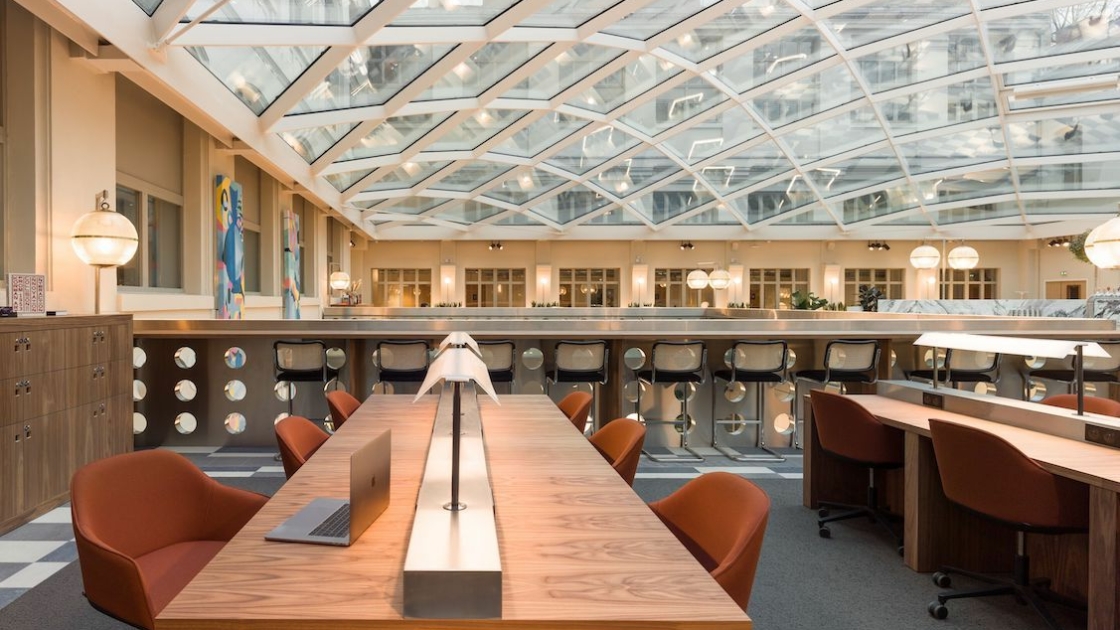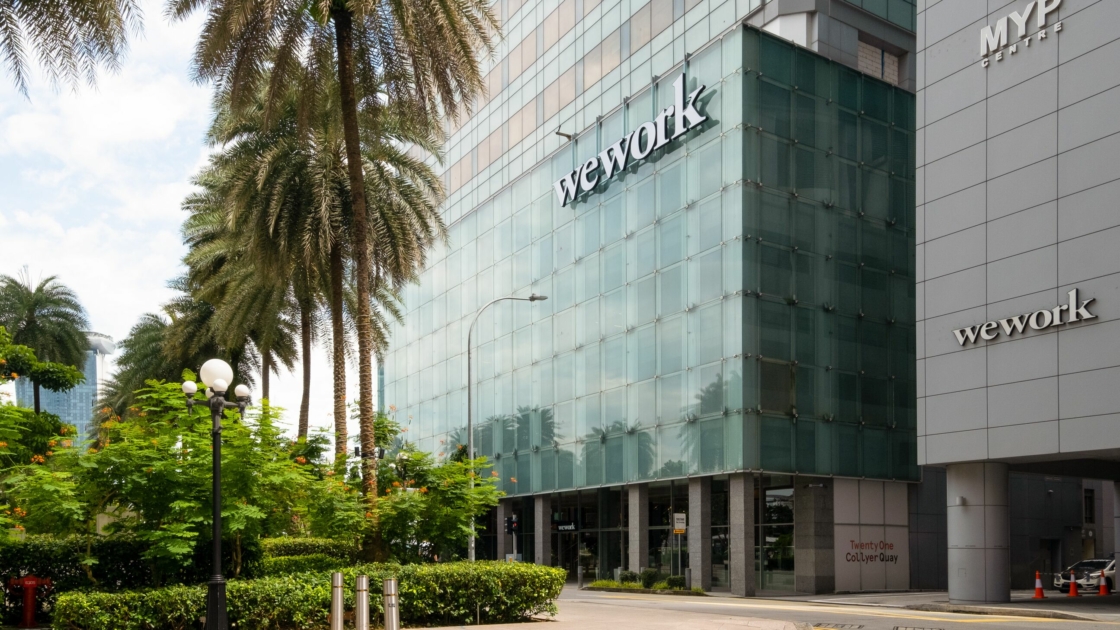Making products people fall in love with isn’t always full of romance.
Sometimes a match that seems made in heaven can turn into a nightmare. Sometimes everything is smooth sailing—but there are still unexpected bumps in the road. And sometimes, well, you might need a divorce.
Professional heartbreak is real, and it can sting just as much—if not more—than the disintegration of your first great love affair. Creating consumer packaged goods is an especially fraught business: Your success is dependent on everyone else going gaga for your product. Make a hot item, and your company can experience rapid growth—meaning employees often become “absolutely married to their work,” says Josh Wand, founder and CEO of the recruiting firm ForceBrands, who moderated a panel on the subject at The We Company’s Chelsea HQ in New York City. But with marriage comes a little heartache and pain. Here’s how five top executives weathered their own storms on their way to success.
When saying ‘no’ leads to millions lost
“When I started with KIND 10 years ago, my hair wasn’t gray,” said John Leahy, president of the nut-and-seed-snack business. Early on, a major KIND account asked if the company would make them a private label bar. Leahy declined: KIND was intent on building consumer loyalty through its own name and logo. A year later, that account said they’d found someone else to make them a private label bar—and they were dropping KIND from their roster. “Millions of dollars down the drain,” said Leahy. Five years later, another major account was seeking a private label. Again, KIND said no. Sure enough, that account launched their own private-label bar, and dropped some KIND products. Millions more, gone.

But Leahy was adamant that the company stay true to who they were, and the business still grew to 250,000 retail outlets from 25,000 in only eight years. Plus, the heartache healed: The first account eventually came back to KIND, and the second started reupping their orders. Long-term confidence is necessary, Leahy said: “Weather the storm, fight for what you believe in, and the love will come.”
There’s no such thing as too big to fail
Oatly originated at WeWork. Well, actually, the vegan, plant-based milk made of oats started in Sweden, but as general manager Mike Messersmith explained, their rapid U.S. climb began in 2017 with only three employees at New York’s WeWork 175 Varick St. Their vision was laser-sharp: Focus on local New York coffee shops and edge into the latté market.

But Messersmith particularly wanted to get his product into the Irving Farm coffee shop he walked by every morning on the Upper West Side. Victory came early—his sales team got Oatly into the store. “There was a swelling song in the air,” he said. But then: heartbreak. Oatly became such a hit that their supply ran low. “We were not as good at making oat milk as selling it,” he said. The heartbreaking moment came when Messersmith walked by Irving Farm one day and saw a sign on the door proclaiming: “Sorry, there is no oat milk today due to a national shortage.”
He had to reroute his morning walk because the sign made him so anxious—a symbol of his company’s “monumental failures.” But they made it through those growing pains, and Oatly was able to reup production. Now they’re opening a new factory, and Messersmith is thrilled: “I can take a more direct route to the 1 train again.”
Teammates aren’t always dream mates
Companies are rarely built by just one person. But building a team is its own challenge. When she joined the skin-care company Supergoop two-and-a-half years ago as president, Amanda Baldwin was tasked with undoing and redoing a team.
First, she learned to cultivate patience—it took a year to find her own direct reports. “The org chart is a living, breathing organism, especially in a young company,” she said.

It’s tough to find people who can jump into the deep end. “Résumés are not good indicators of whether people have the stomach for a startup,” she said. “Building a team is about matchmaking. There are no good people or bad people, there are just the right people for the right job.” When it is the right person, they soar, she said, and the benefits to your own work life can be tremendous.
Battling impostor syndrome—after you’ve made it
Elaine Kellman tastes the flavors. Literally. As head of flavors for Citromax, she creates new flavors for major food and beverage companies.
Fourteen years ago, after a long career working for other companies, Kellman became bored. “The worst thing to do to a flavor chemist is to take away creativity,” she said. So she struck out on her own. But she didn’t realize everything she would be giving up by leaving a corporate structure—no forecasting department, no logistics, no one to talk overhead.

Her first challenge came early, at an industry conference, surrounded by leaders in her male-dominated field. She fought impostor syndrome for days, trying to believe she belonged—until, ultimately, she realized she had just as much experience (if not more) than everyone else there.
“It’s beyond believing in yourself,” she said. “It’s about believing in the person everyone else believes you are.” She’s kept up her creativity by moving her office right next to her flavor lab.
Keep riding the wave wherever it takes you
Luan Pham was head of marketing at Condé Nast media when opportunity came calling. He quit his job to work on—coffee creamer. But not just any coffee creamer: a nondairy version founded by world-renowned big-wave surfer Laird Hamilton.

Hamilton was looking for a burst of energy and focus for riding 100-foot waves. He began by mixing his own blend made of coconut milk. But when the company—and early employee Pham—tried to scale the product, challenges abounded. To make the vegan, dairy-free creamer shelf-stable for a year, they had to do extensive tests—and were still manufacturing it in small batches.
Despite a friends-and-family funding round, they were running out of money. At the last moment, they found a mass-manufacturer. Pham is now glad he indulged his entrepreneurial streak. “Follow your truth and what drives you,” he said. And anyone who doubted him? Now they’re eager to follow in his footsteps—especially because Laird Superfood just raised a funding round worth $32 million (including from WeWork).







